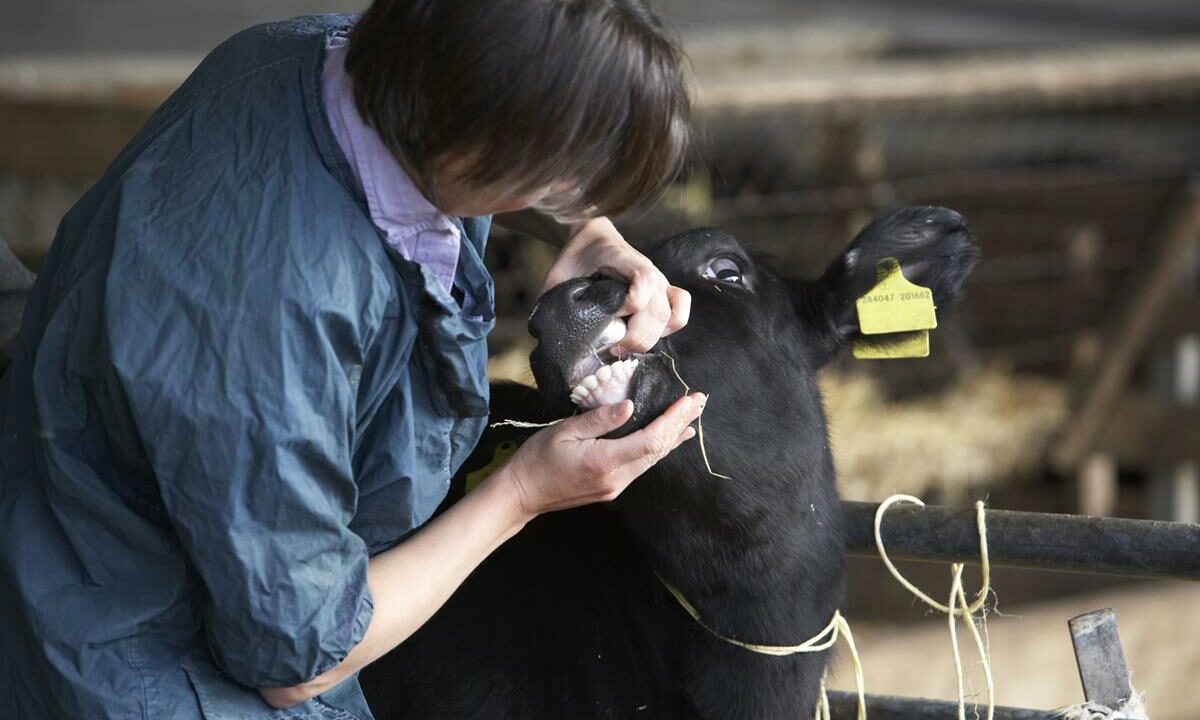Farmers have been urged to be vigilant after cases of bluetongue have been detected in Britain.
Several cattle imported from France, and destined for Scotland and England, have tested positive for the highly-infectious disease.
Bluetongue is a virus spread by midges which transfer the virus from animal-to-animal. It affects animals such as cattle, goats, deer and sheep. However, it does not affect humans.
The virus does not pose a threat to human health, but it can have a serious impact on animal health – causing reduced milk yields, infertility and even death.
UFU deputy president Victor Chestnutt said: “We have done well over the years to keep the bluetongue virus out of Northern Ireland and we want to keep it that way.
Farmers must remain vigilant and if they notice any signs of the disease, such as eye and nasal discharge, drooling, swelling around the head or mouth, lethargy and lameness, report it immediately to DAERA.
The infected animals were detected by the Animal and Plant Health Agency (APHA) in Britain during the robust post-import testing regime.
Bluetongue free
So far, there has never been an outbreak of bluetongue anywhere on the island of Ireland.
The last case of the disease in the UK occurred in southern England in 2007, and the UK has been officially free from the disease since July 2011.
Despite the latest news, the UK remains officially bluetongue-free and exports are not affected.
Northern Ireland’s Chief Veterinary Officer Robert Huey is warning all herd and flock keepers to “consider carefully” the risks associated with sourcing animals from continental Europe.
‘Robust surveillance’
Huey said: “While I am pleased that the robust disease surveillance procedures in operation across the UK have worked, the identification offers a timely reminder to farmers for the need to remain vigilant and of the risks of importing animals from disease-affected areas into their herds.
“It is vitally important that we continue to keep bluetongue out. The main risk to Northern Ireland continues to be the import of infected animals or germplasm (semen or ova).
“Our farmers need to avoid bringing animals here that may have been exposed to infection. This means they should not import animals from countries affected by bluetongue.
“Farmers should consider the potentially adverse consequences of importing animals from or transiting through bluetongue affected countries or zones. The risk is not only to themselves but to the whole industry, as trade can be badly affected as a result.
Anyone who does take a risk, faces the possibility that if the imported animals are subsequently found to be infected with bluetongue, they will be slaughtered and no compensation will be paid.
Farmers in the Republic and Northern Ireland are not currently permitted to vaccinate their animals against bluetongue.
